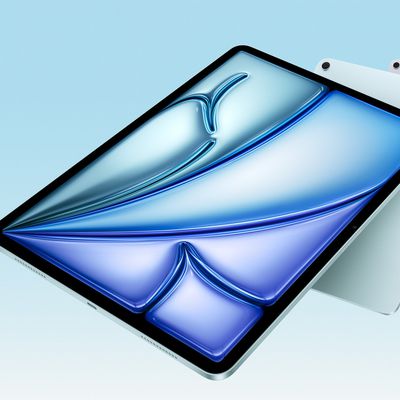Last November, we reported on Apple's plan to require all Mac App Store apps to be sandboxed, a move that would increase security by preventing apps from overstepping their bounds should they be affected by malware but which could hamper the functionality of certain apps. The requirement had been scheduled to go into effect in November but was pushed back to a March 1 implementation date as apparently sought to give developers more time to digest and prepare for the change.

With the implementation date now just a few weeks away, The Wall Street Journal again takes a look at the impact of the changes.
Sandboxing is fairly common in the mobile world, where Apple, Google Inc.'s Android and others have long required it as a safety measure to prevent an app from compromising other parts of the system. But some developers say sandboxing could cripple desktop software, which is often more sophisticated.
Mac developer Mark Munz, of Vancouver, Wash., says to comply with Apple's new rules, he has to remove key features of his text-reformatting app TextSoap that integrate with other programs.
As a workaround, he's working on a "helper app" that Mac App Store users could download separately to restore the extra functionality. "It sort of defeats the purpose of what sandboxing is about," says Mr. Munz, who is president of Unmarked Software LLC.
The report also cites Flexibits co-founder Kent Sutherland, whose Fantastical calendaring app would be subject to sandboxing limitations on its ability to sync and import data from other applications. Apple's position that it will allow access to certain features only on a "temporary" basis leaves developers such as Sutherland uncertain about whether their apps will be able to continue to function in the future.
Apple notes that it is continuing to work with developers to increase the security of their applications under the new sandboxing requirements, with a source noting that "most" apps will not require any changes to meet the new policy. But as we noted in our earlier report, a number of high-profile apps that provide systemwide functionality may have to jump through new hoops to obtain approval for their continued functionality, and developers report that they are still finding bugs in the sandboxing procedures that leave uncertainty about just what is going to happen come March 1.




















